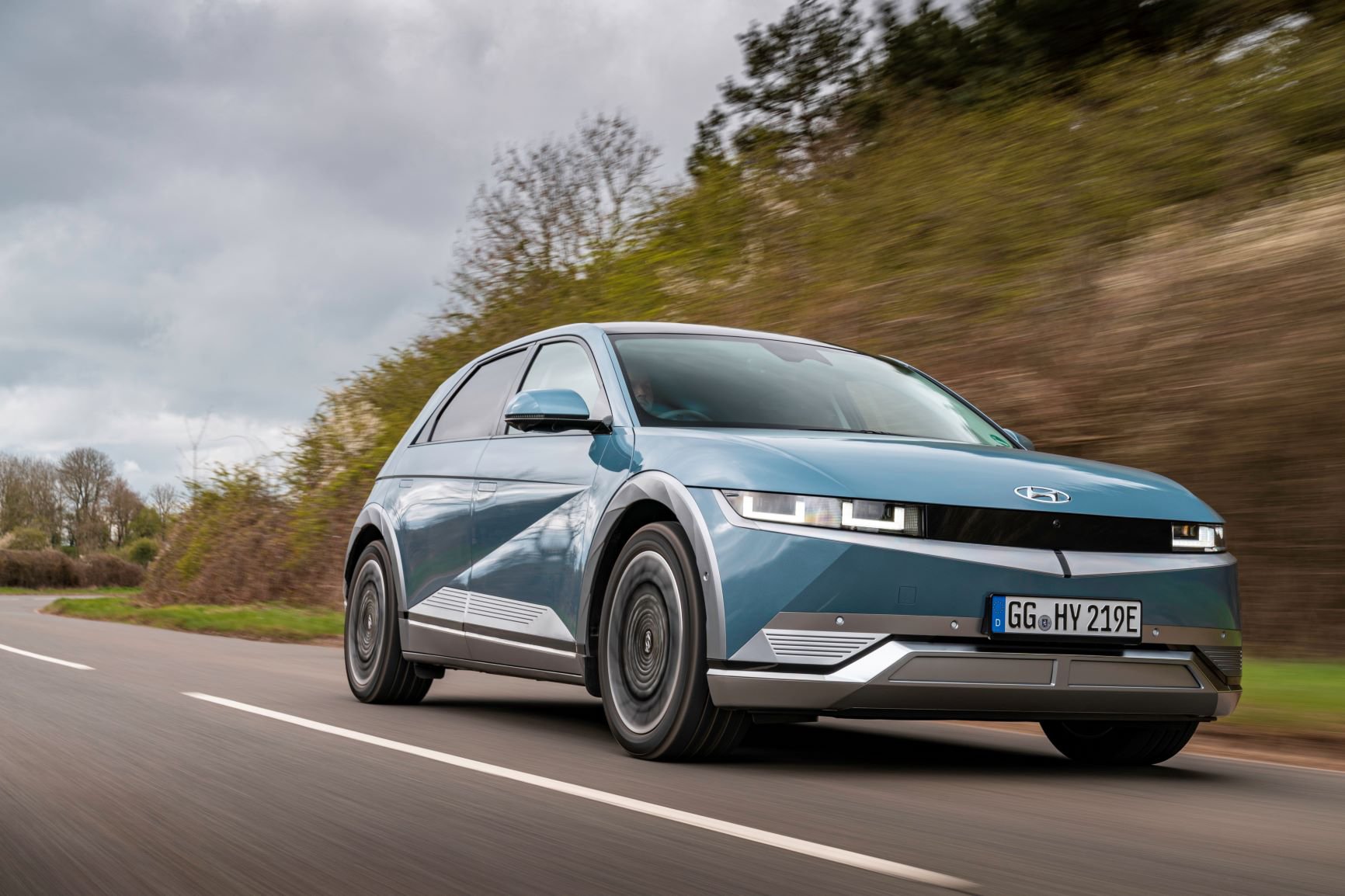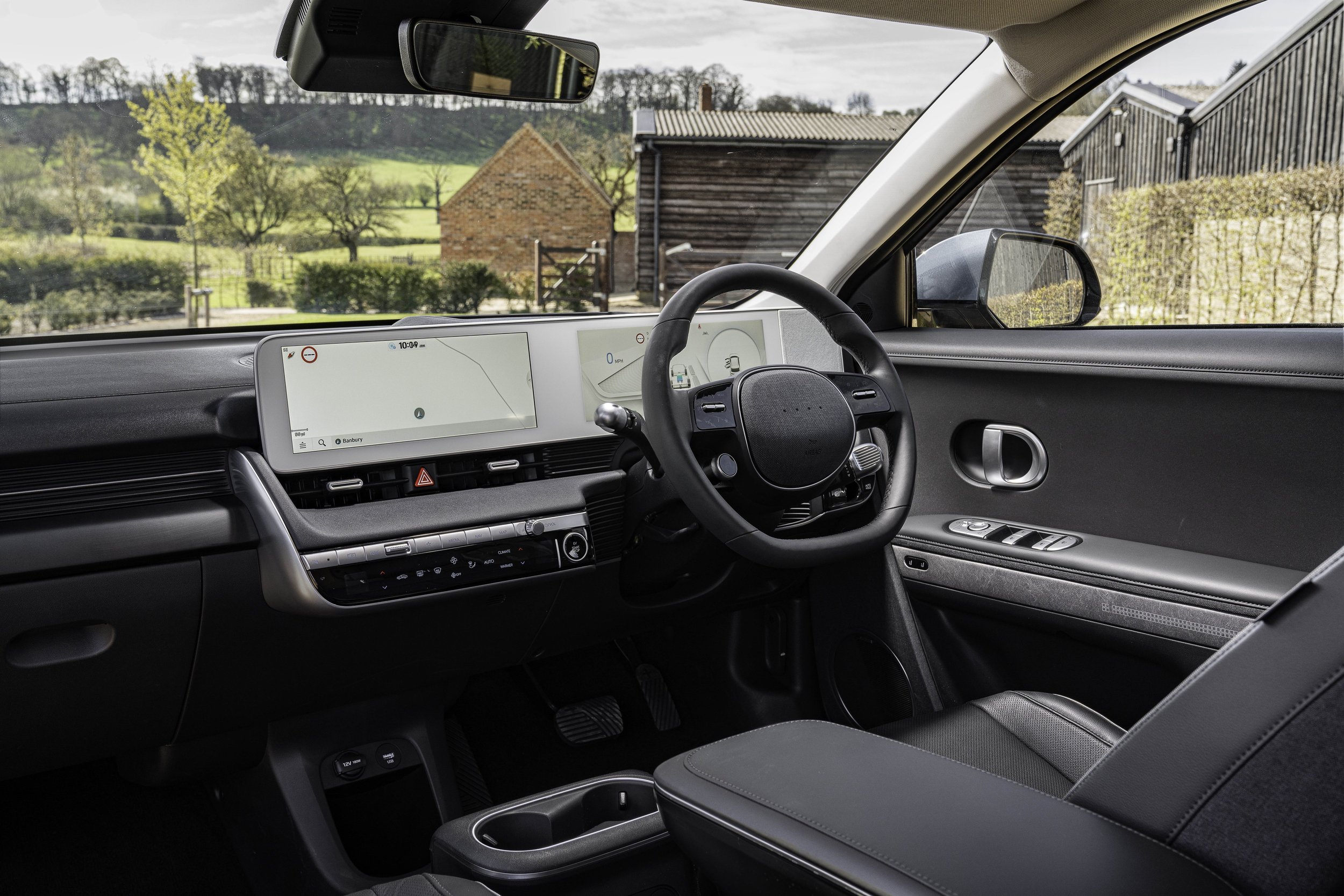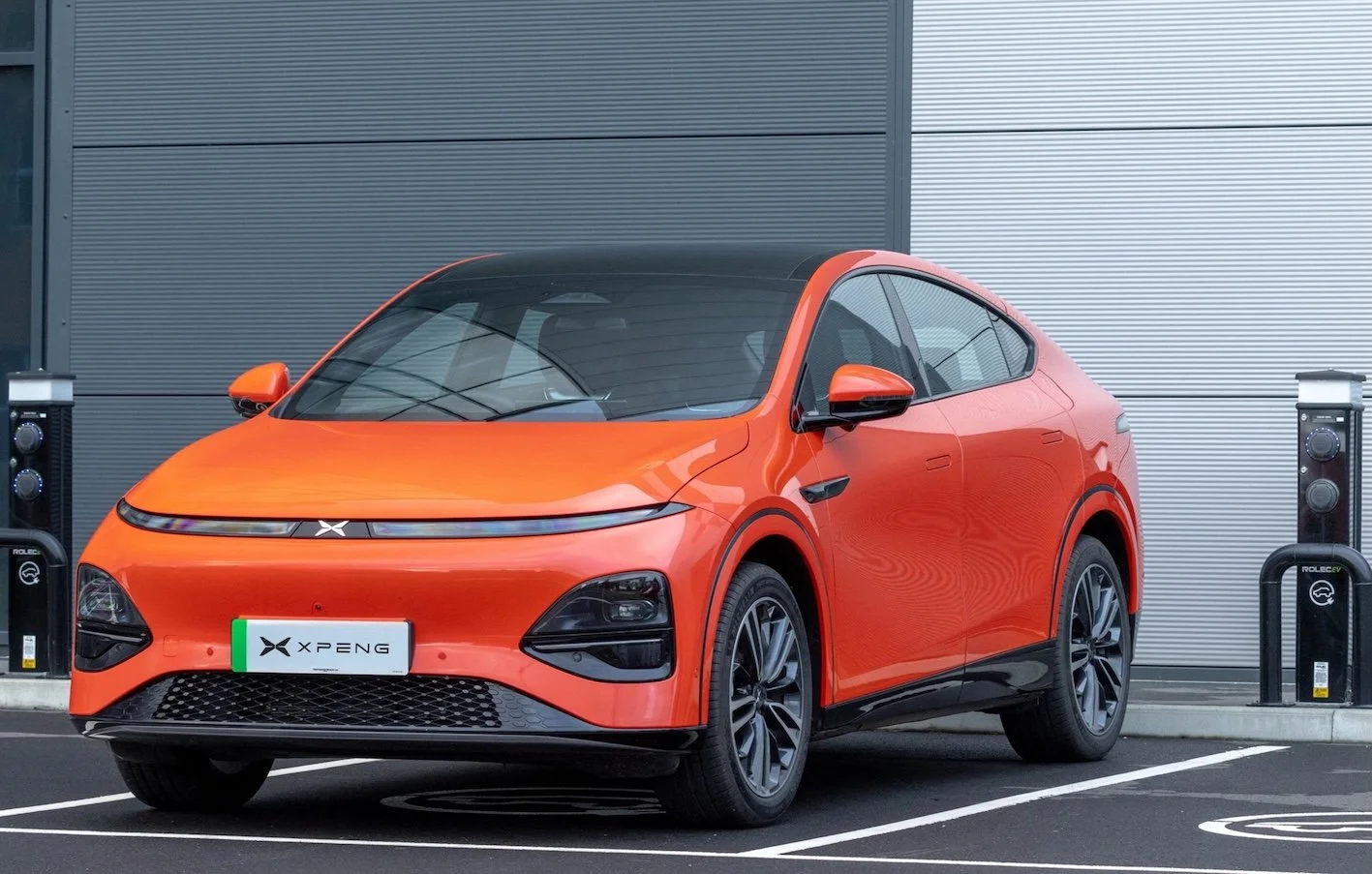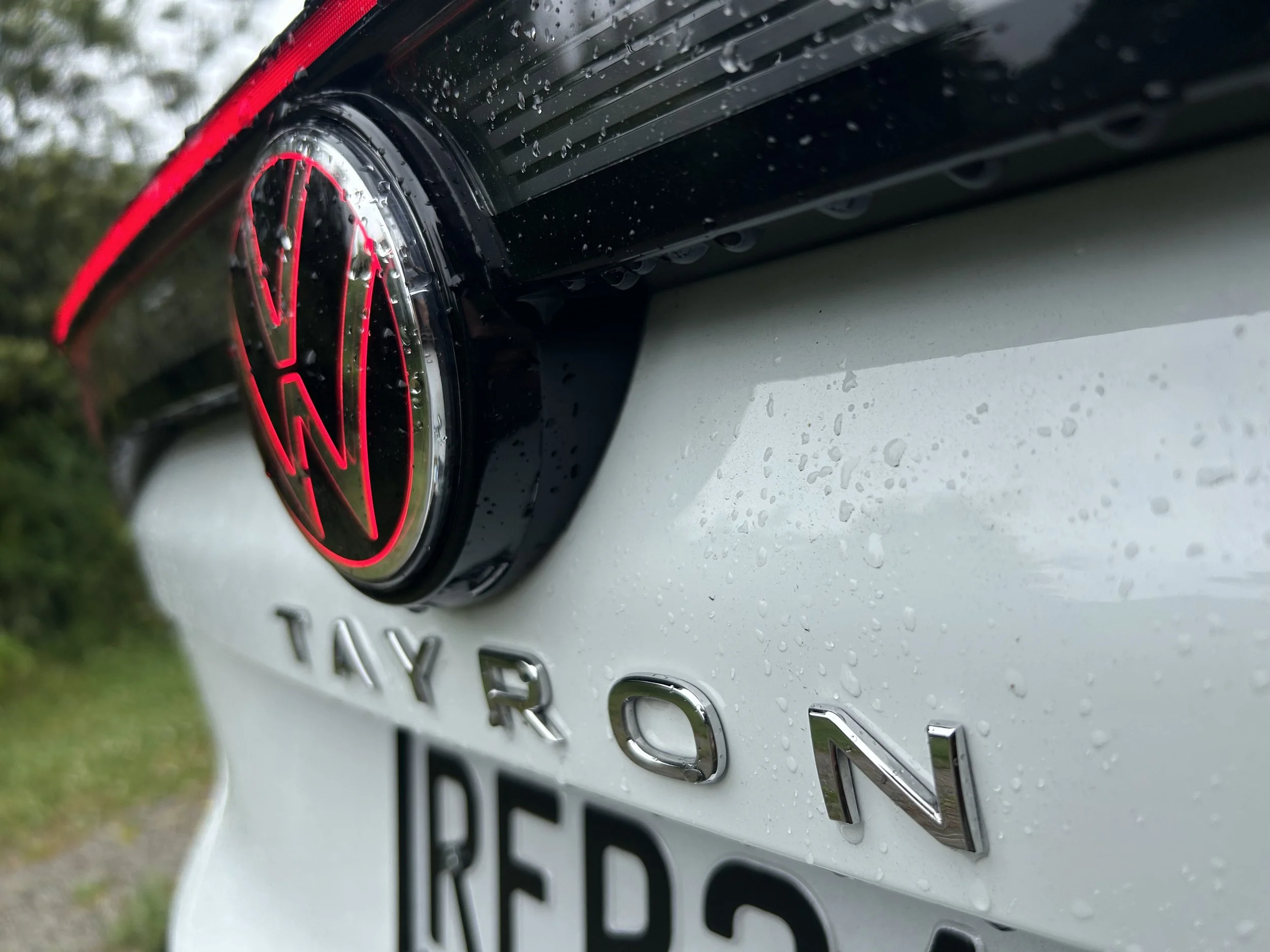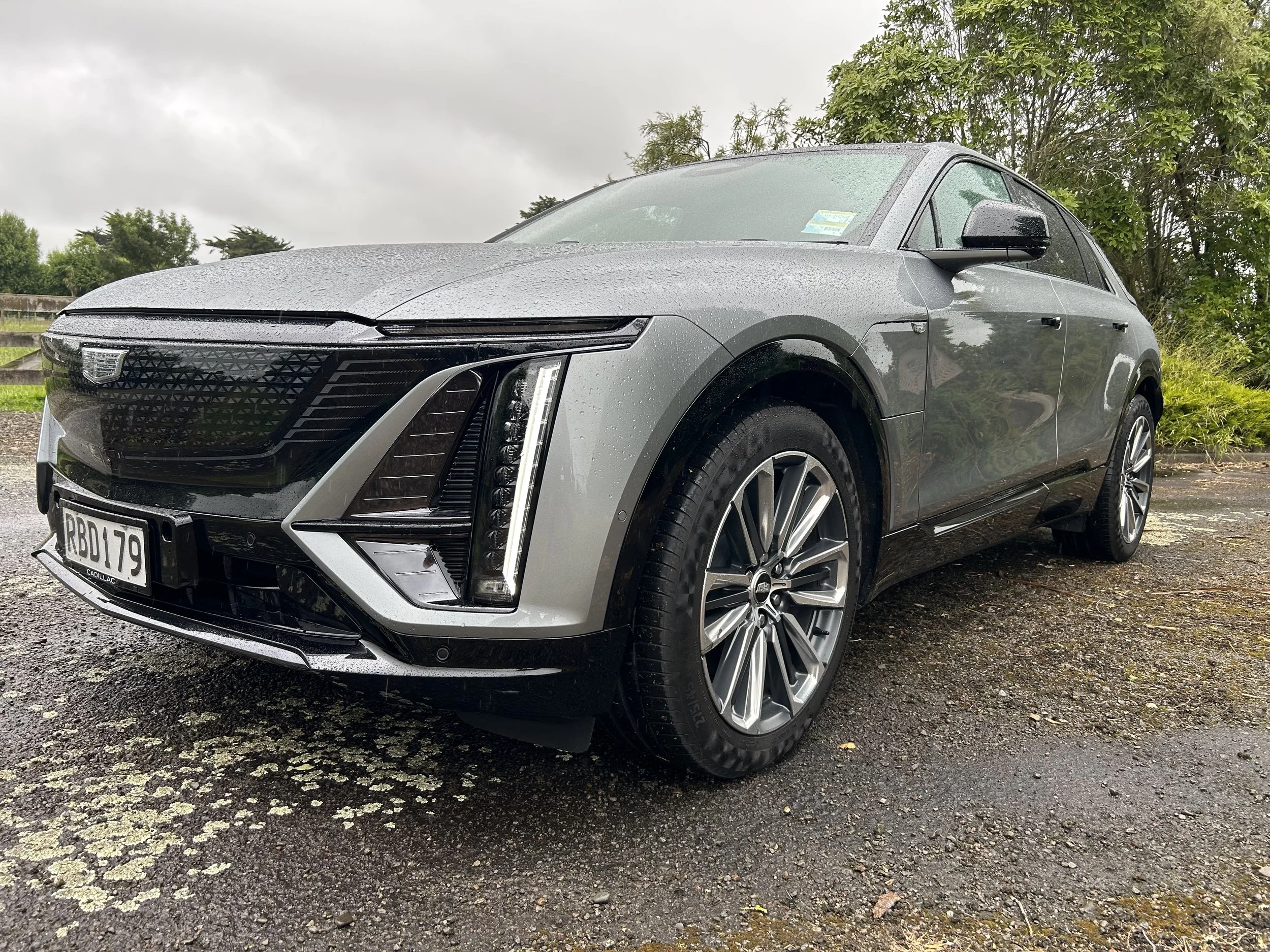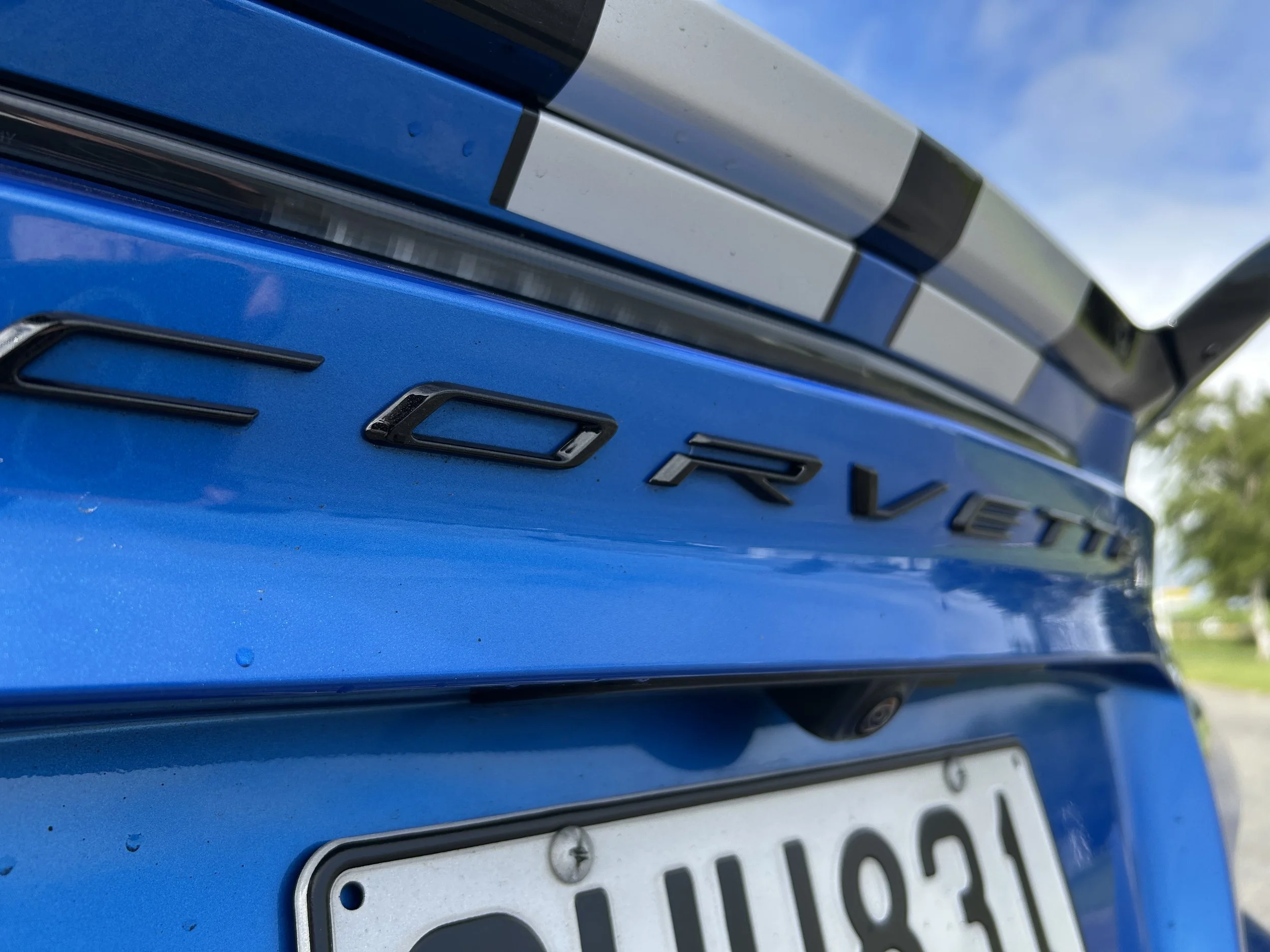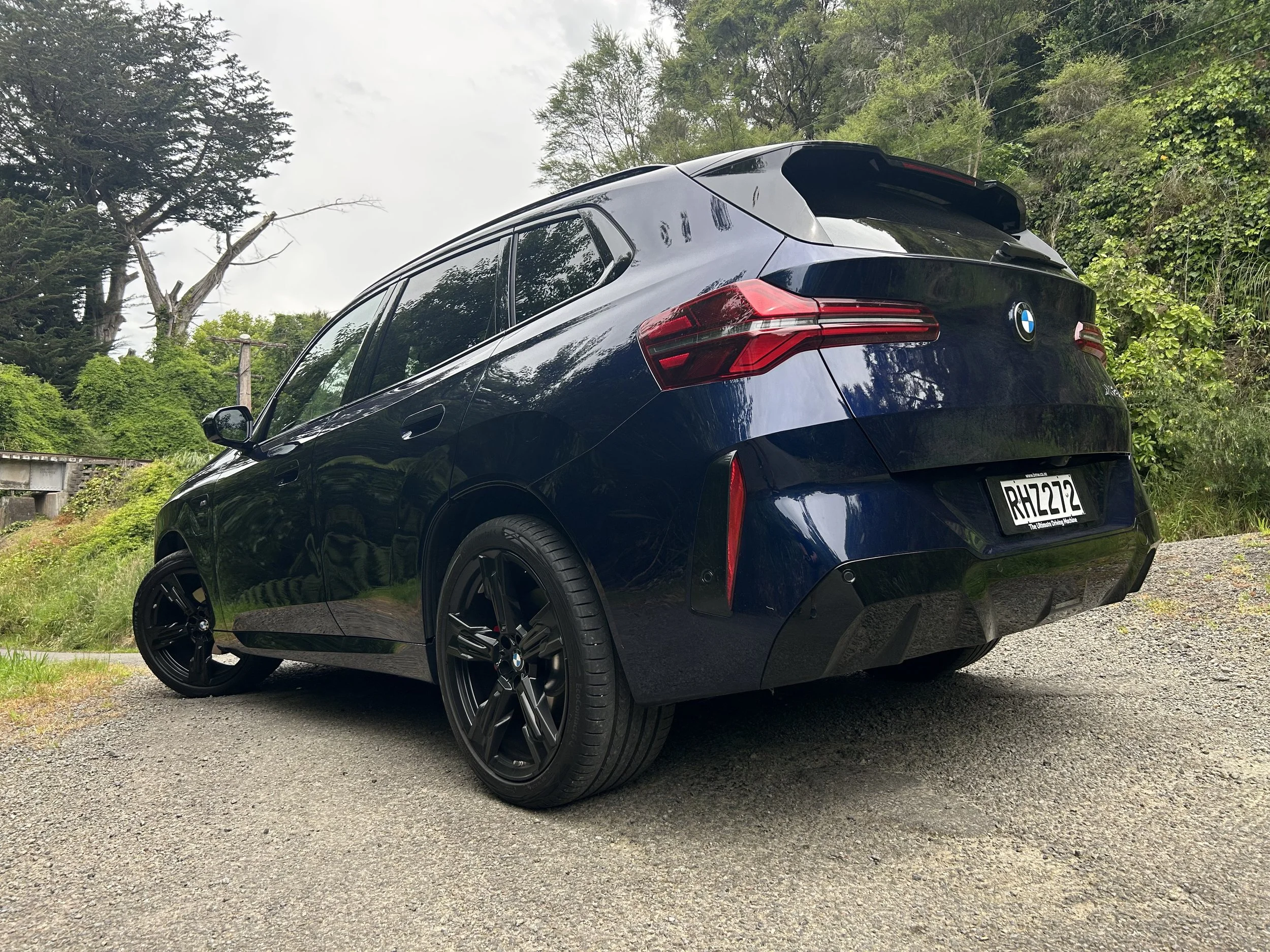Ioniq 5 demand means long wait for cars
/Put your name down now and your car will be delivered this time next year.
EVEN with it being given build prioritisation over other models, solid supply of the latest electric car from Hyundai to Kiwis is far from certain, the local distributor has conceded.
Hyundai New Zealand’s general manager Andy Sinclair says interest in the medium-large (at 4.6 metres long) five-seater Ioniq 5 sports utility has been high since it soft-launched – due to Covid-19 constraints – into dealerships a month ago.
However, there’s uncertainty about ongoing supply, with Sinclair saying during an online media conference today that: “We have taken deposits for 150 at this stage and we don’t want to take more until we have greater clarity on supply.”
Sinclair later sought to clarify that remark, saying it did not mean the order book was firmly closed.
Most interest has been in the entry variant, a 58kWh rear-drive model that at $79,990 squeaks in by $10 for Government’s $8625 Clean Car rebate.
However, the range-topping 72.6kWh Limited all-wheel-drive which costs $109,990, or $112,990 with a snazzy Solar Roof option is also attracting plenty of attention.
All cars already landed here have been spoken for. Sinclair could not say how many vehicles that was, explaining that as well as customer units there were dealer demonstrators and press cars. However, he says anything ordered now will be subject to a waiting period of up to 12 months.
During today’s Zoom presentation today, staged after two attempts to hold an orthodox launch event for the car were derailed by coronavirus travel restrictions, he was loath to say how many examples of the breakthrough car will be available to NZ for the remainder of this year and for 2022.
“I cannot answer that question because it is quite complicated. There are obvious constrictions to supply due to global demand and throw in the semi conductor issues for all our models and it is even murkier to look into the future.
“I cannot give any clarity … to our customers or dealers, which is why we are being very much up front with our customers. When they are paying deposits we are saying it could be up to a 12 month wait.”
Hyundai head offices appears to be working to ameliorate the issue as best it can, in part by prioritising Ioniq 5 production.
Sinclair agrees that strategy might be helpful, but not just yet.
“Where we are now … it’s very much when semi conductors are available they spread it across the model range. There isn’t that clarity that we would normally have.”
Whether the waiting time for the Ioniq 5 would be longer, the same as or shorter than for any other Hyundai was not easily answered.
“It (Ioniq 5) has more semi conductors than most of our other models so there’s more risk that we might have to wait longer for it.”
Having temporarily halted production at its plants globally in the quarter amid the ongoing chip shortage, it then altered its strategy, reducing output of less popular models such as Sonata sedans in favour or pumping up Ioniq 5 production.
The shortage of some semiconductors is expected to gradually improve from this quarter, a senior brand spokesman told the Bloomberg news agency recently.
He said the company has shifted to securing chip supplies on an annual basis to help minimise production disruptions and has already secured supply for this year and next.
On top of this, Hyundai Motor Group – which comprises Kia as well as the parent marque (including its Genesis luxury sub-brand) - is looking to add EV production outside South Korea.
Building a plant in the United States seems to be part of a $NZ9 billion investment through to 2025 that will also include hydrogen-refuelling stations and unmanned flying taxis.
The Ioniq 5 is the first car on a new bespoke electric platform, E-GMP, that will be used by Hyundai, Genesis and Kia.
Sinclair confirmed two announced future products, the Ioniq 6 mid-size sedan and the Ioniq 7 three-row mid-size SUV, are also planned for New Zealand.
The scheduled production starts for those are respectively next year and in 2024; when asked if that meant NZ could anticipate the cars in their global release years, Sinclair was positive.
“You have seen with Ioniq 5 that we have received it with only a small delay of a few months (after international release). I would expect that with Six and Seven.”
Hyundai will introduce 23 battery electric vehicles worldwide by 2025 and most are likely to place on the E-GMP platform.
Notwithstanding its travails, Hyundai Motor has posted its biggest profit in seven years.


